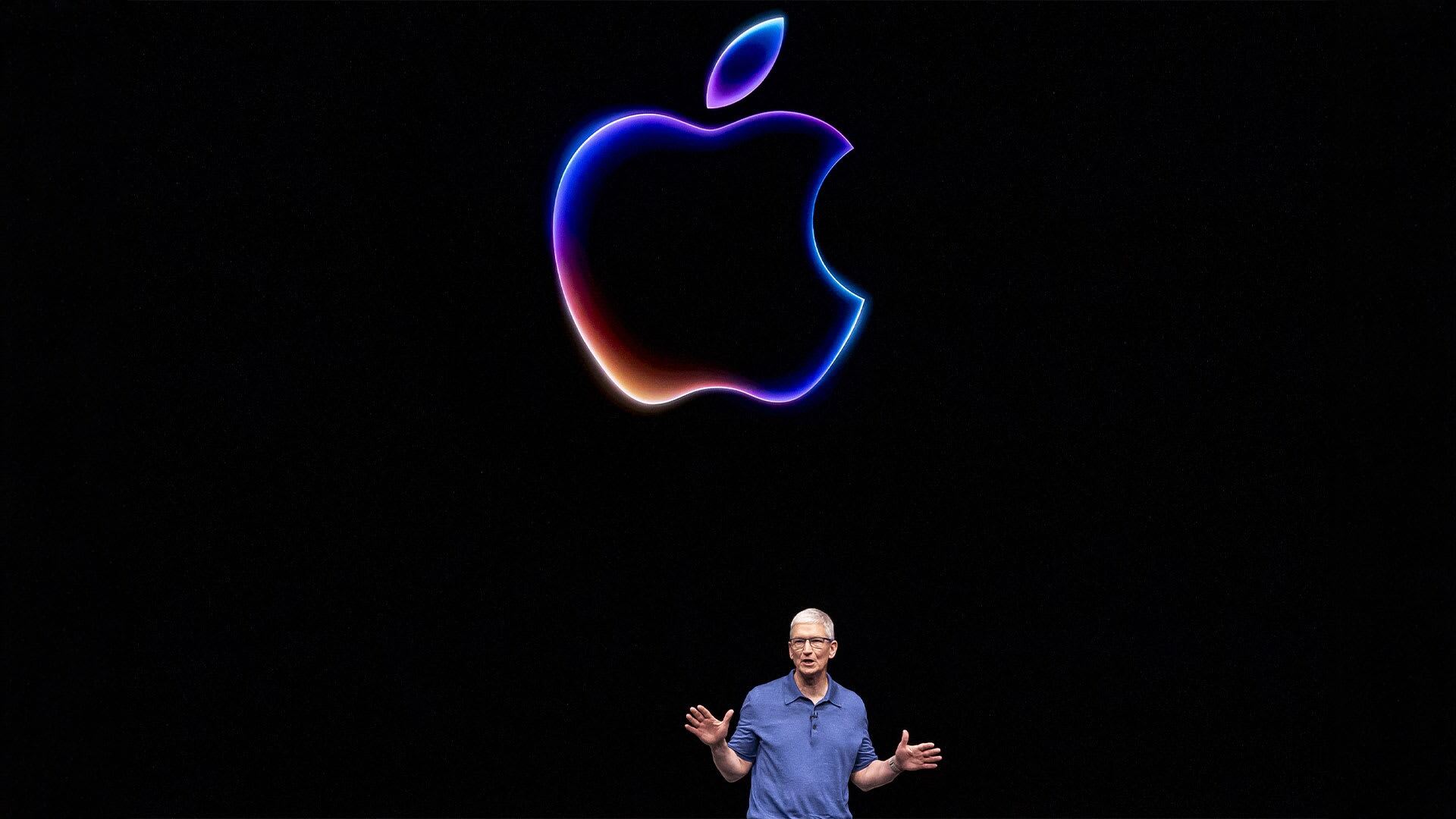- | 9:00 am
Apple’s commitment to data privacy could pay off big with its AI
Whereas customers of other AI companies may not trust that AI systems won’t leak their data or use it in unauthorized ways, they’re likely to trust Apple.

At long last, Apple has finally entered the AI race. The company announced on Monday a raft of new AI-driven features at its WWDC developer conference, as well as a new partnership with generative AI upstart OpenAI.
Apple very clearly laid out its approach to the new technology, with a focus on practicality, personalization, and privacy. And while many of the features announced can’t be called cutting edge, they do play to Apple’s strengths.
Some of Apple’s newly announced artificial intelligence features are indeed a bit predictable. Touting users’ ability to access writing assistance tools from numerous points within their operating system and ask AI to generate unique emojis is nice, but not a radical leap forward in productivity.
In order to make personal AI more useful, Apple is giving its models access to more of the user’s (anonymized) information and apps. “The writing assistance and image generation stuff is just table stakes,” says Techsponential analyst Avi Greengart. “Where Apple is different is its ability to reach across different apps, and do it for you securely on your device. Nobody else is doing that.”
For example, the new AI-powered Siri can access and orchestrate information from multiple apps. You might ask, “When is Mom’s flight landing?” and Siri will find the flight details (within Messages or email apps) and cross-reference them with real-time flight-tracking information to give an accurate arrival time. Or you might tell Siri to grab some photos from a specific event and send them to someone via Messages.
The limiting factor, of course, is that this works only with Apple apps. Greengart points out, however, that Apple will offer app developers a new App Intents API, which would let Siri access app data and control certain app functions.
Giving Siri access to more apps and information is a smart move for Apple. There are more than 2.2 billion active Apple devices around the world, storing all kinds of data. Apple is in a unique position to make all that information more useful by running it through AI models. If “Apple Intelligence,” as Apple calls its AI, can reach across devices, it can access a fuller set of users’ data.
And that’s where Apple’s long-standing emphasis on data privacy may really pay off. Where customers of other AI companies may not trust that AI systems won’t leak their data or use it in unauthorized ways, they’re likely to trust Apple, which has a very good track record on privacy protection. “You shouldn’t have to hand over all the details of your life to be warehoused and analyzed in someone’s AI cloud,” said Apple SVP of software engineering Craig Federighi during the keynote Monday.
This pledge depends on another of Apple’s core strengths: designing mobile chips that are powerful enough to run AI models. Language models and image models typically require a lot of computing power, so they usually run on cloud servers. Creative Strategies principal analyst Tim Bajarin says that Apple has spent so much time and had such success increasing the power of its M series chips—and making them smaller and more efficient—that it’s now possible to run small AI models on the device.
Still, Bajarin adds, users of older Apple phones may need to upgrade to an iPhone with an M-class chip if they want the new AI features. The AI features, then, might provide a powerful incentive for people to buy new iPhones.
A new iPhone “supercycle” would certainly be welcomed by Wall Street. But analysts apparently didn’t read Apple’s announcement like that. Apple stock took two sizable dips during the keynote and was down more than 2% in late-afternoon trading.
That could all change if Apple device owners start developing a personal relationship with the new AI features. “It goes beyond artificial intelligence,” Apple CEO Tim Cook said on Monday. “It’s personal intelligence, and it’s the next big step for Apple.”







































